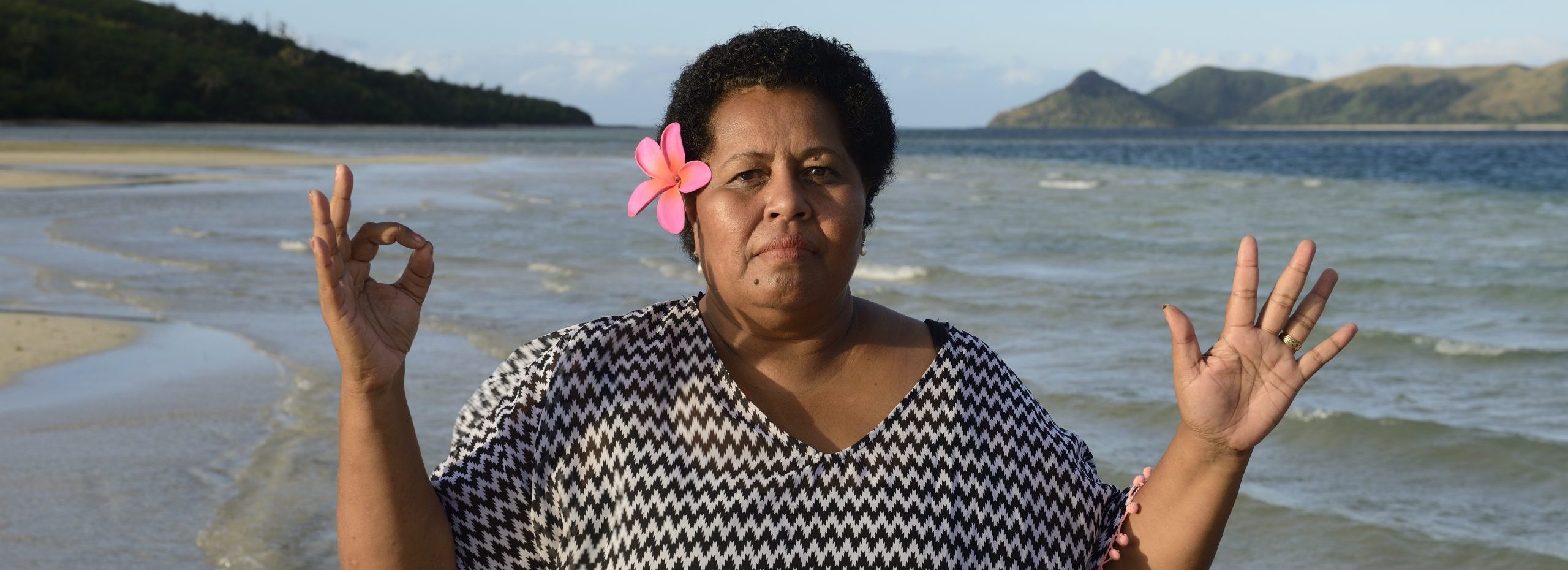Inhabiting about 100 small islands in the south Pacific, Fijians live with the constant risks of extreme weather and climate change impacting their homes and livelihoods.
CARE began its work in Fiji through local partner organisation, Live & Learn, in 2016, after Cyclone Winston, the strongest storm ever recorded in the southern hemisphere, devastated the Pacific nation. More than 540,000 people were affected with 44 killed and 131 injured.
CARE Australia and local partner Live & Learn responded immediately, providing lifesaving aid to tens of thousands of those affected, thanks to the generous donations from our supporters.
The partnership between CARE and Live & Learn is a great example of the importance of working with local partners, you can read more about this localised approach here.
Building inclusive community resilience in Fiji
CARE and its partners are working with 25 communities to strengthen their ability to prepare for and respond to disasters and the impacts of climate change.
Through community-based disaster risk management (CBDRM) activities, we support inclusive training and discussions on gender and disability. With guidance from the Fiji Disabled People’s Federation (FDPF), communities are identifying practical ways to ensure emergency planning and response meet the specific needs of people with disabilities.
This work recognises that women, men, and people of all abilities bring valuable knowledge and skills to disaster preparedness. By ensuring that everyone is included, communities are better able to respond effectively and recover more quickly from crises.
CARE’s approach is grounded in resilience. Shocks and stresses – including climate-related disasters, droughts, conflict, gender-based violence, pandemics, and economic downturns – are increasing. Without building resilience, these shocks risk reversing hard-won development gains and deepening inequality. By helping communities anticipate and plan for challenges, CARE supports them to bounce back faster and rebuild stronger, safer, and more equal futures.
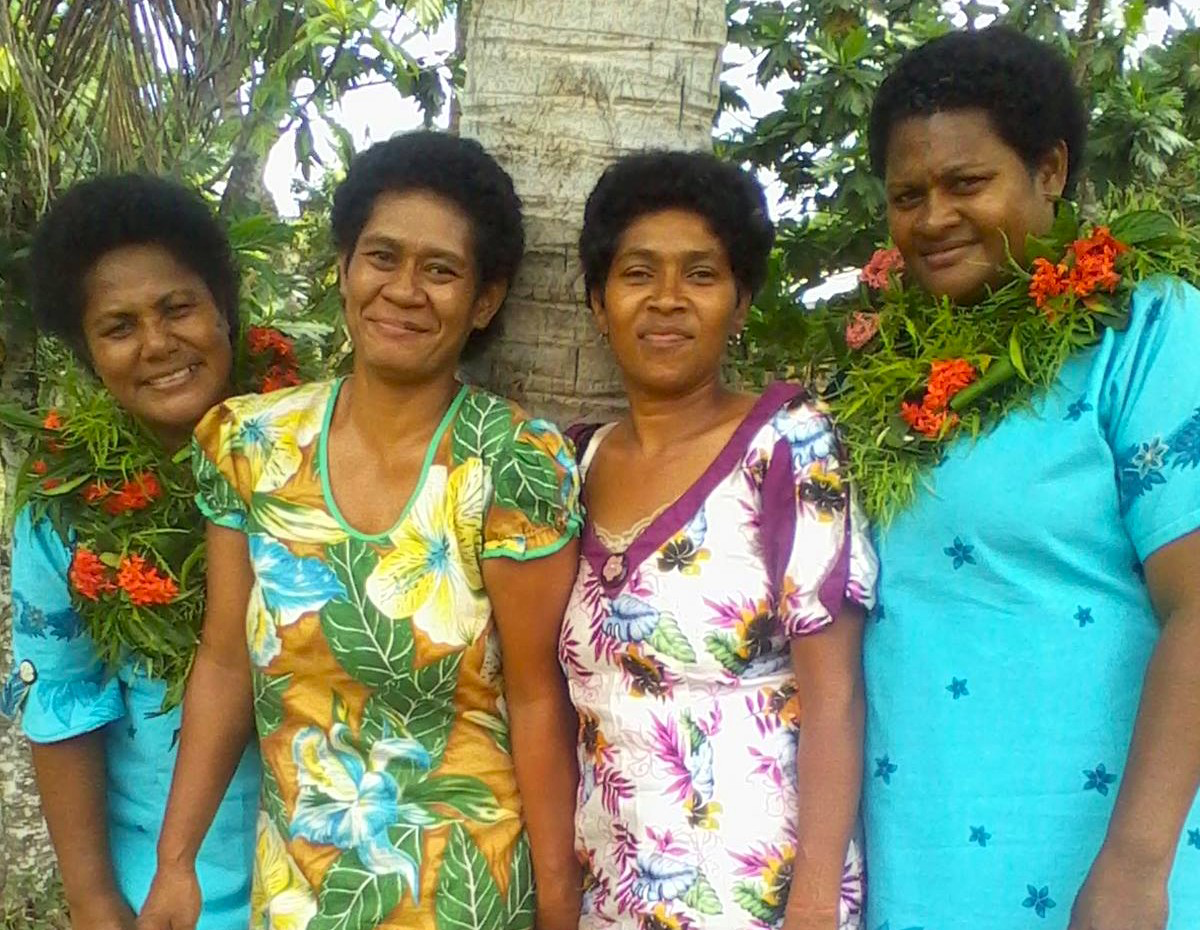
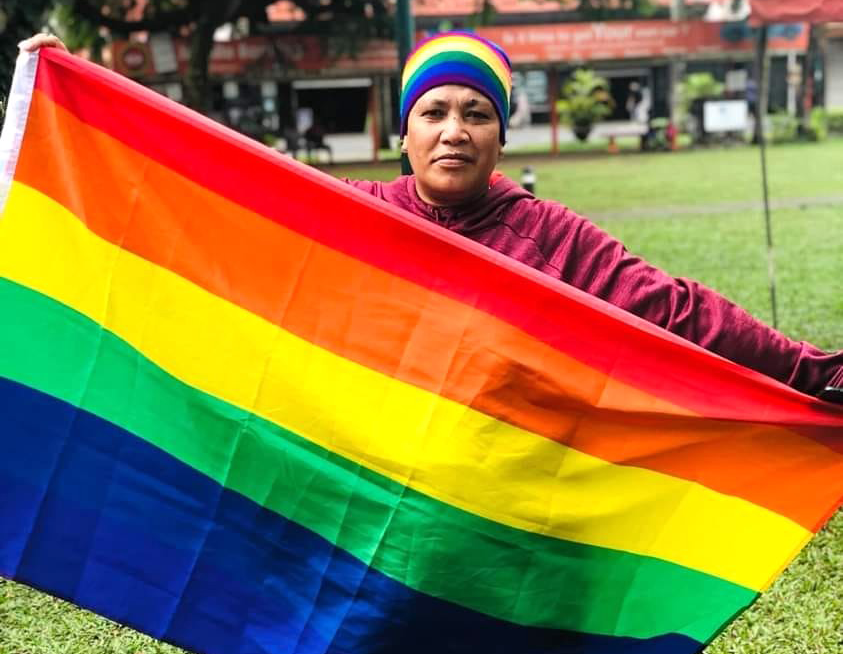
Strengthening local capacity for disaster preparedness and climate change adaptation
Local civil society actors — including NGOs, community-based organisations, organisations of people with disabilities, churches, and informal groups — all work to strengthen their institutional and technical capacity to play a leading role in disaster preparedness and climate change adaptation in Fiji.
CARE works with Rainbow Pride Foundation, the Fiji Disabled People’s Federation and Save the Children Fiji to take an intersectional approach to gender equality, disability, and social inclusion (GEDSI).
Supporting national and sub-national leadership
National and sub-national governments are supported to lead effective, inclusive, and coordinated disaster preparedness, climate change adaptation, and response activities.
CARE works with Emergency Operations Centres (EOCs) to promote inclusion principles and practical actions that respond to the diverse needs of women, men, and people with disabilities. Examples include:
- Ensuring disaster information is provided in accessible formats and through multiple mediums
- Supporting evacuation centres to be universally accessible and safe spaces for women.
This approach helps strengthen government leadership in disaster preparedness and climate action, while ensuring that response activities are more inclusive and equitable.
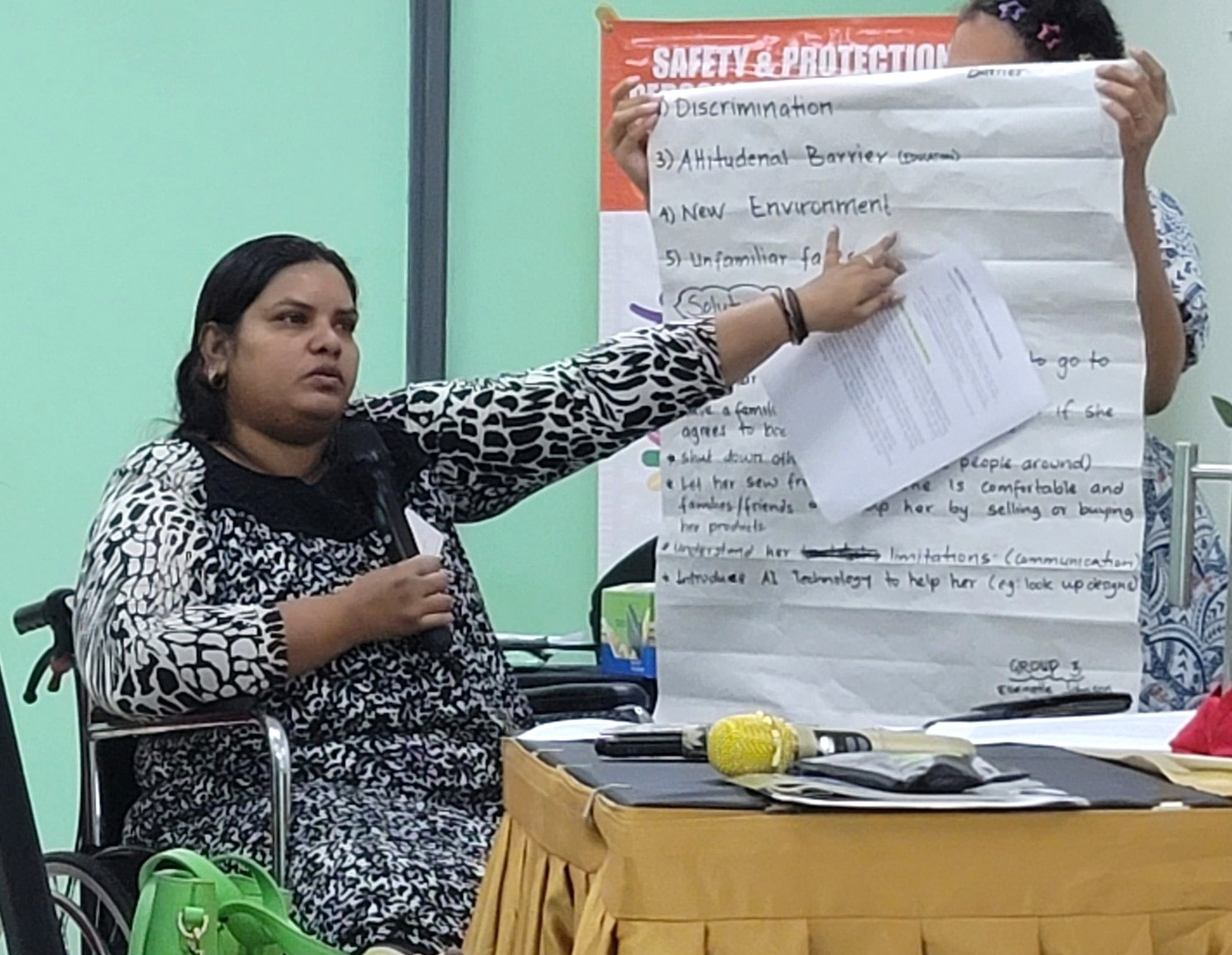
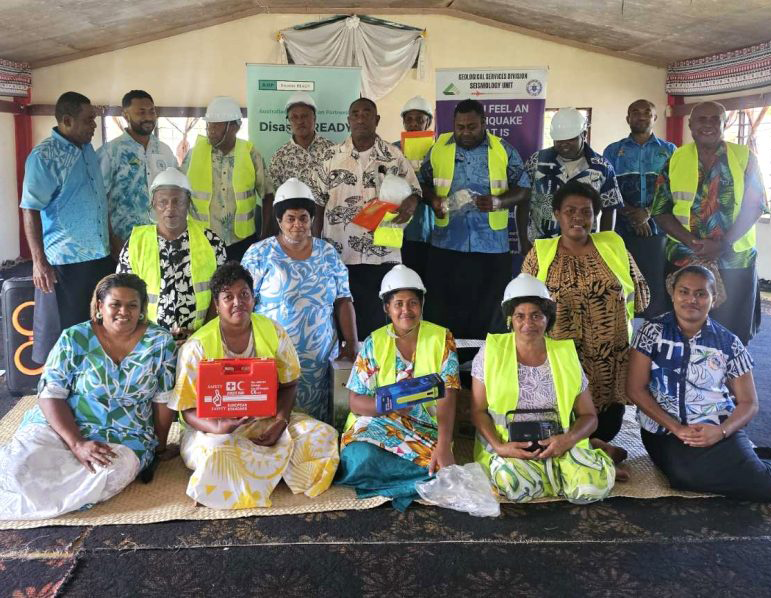
Boosting tsunami readiness in Cuvu District, Fiji
On Fiji’s Cuvu coast, four communities — Tore, Rukurukulevu, Yadua, and Cuvu — came together to strengthen their readiness against tsunamis. While the ocean provides livelihood and culture, it also brings risk from climate change and seismic activity. Recognising this, 58 community members joined the Tsunami Ready Training, a locally delivered program to build knowledge, leadership, and preparedness.
Funded by the Australian Humanitarian Partnership (AHP) and delivered through the Mineral Resources Department, Live & Learn Fiji, and provincial authorities, the training was rooted in the UNESCO-IOC Tsunami Ready Programme. Sessions went beyond technical skills, mobilising people, values, and local leadership to take ownership of safety. Participants included women, youth, elders, and people with disabilities, ensuring plans reflected the diversity of the community.
Meet Ms Rokomuri
Ms Rokomuri, a 52-year-old health worker and Tsunami Ready training participant, shared: “This training is not just about tsunamis, it prepares us for any hazard. It gives our committee the confidence to act, not wait.”
Two months later, the local community observed ripple effects — improved hygiene, waste management, and stronger links between everyday resilience and disaster preparedness. Ms. Rokomuri also noted that: “preparedness begins in the family,” emphasising women’s role as drivers of change.
The Tsunami Ready Training in Cuvu District shows how inclusive, community-led approaches can turn preparedness into a way of life — building safety, resilience, and dignity for all.
Donate now
Support our ongoing work to create a more equal world.
Your donation can help end extreme poverty and give people the means to build a better future for themselves in countries like Fiji.
For those living in extreme poverty, your support brings education and training, healthcare and clean water, nutritious food, and new ways to earn an income. And in times of crisis, you help us deliver emergency relief. Please donate today.
The ongoing work we do in Fiji is in partnership with these local organisations: Live and Learn Fiji and Fiji Disabled People Federation.
